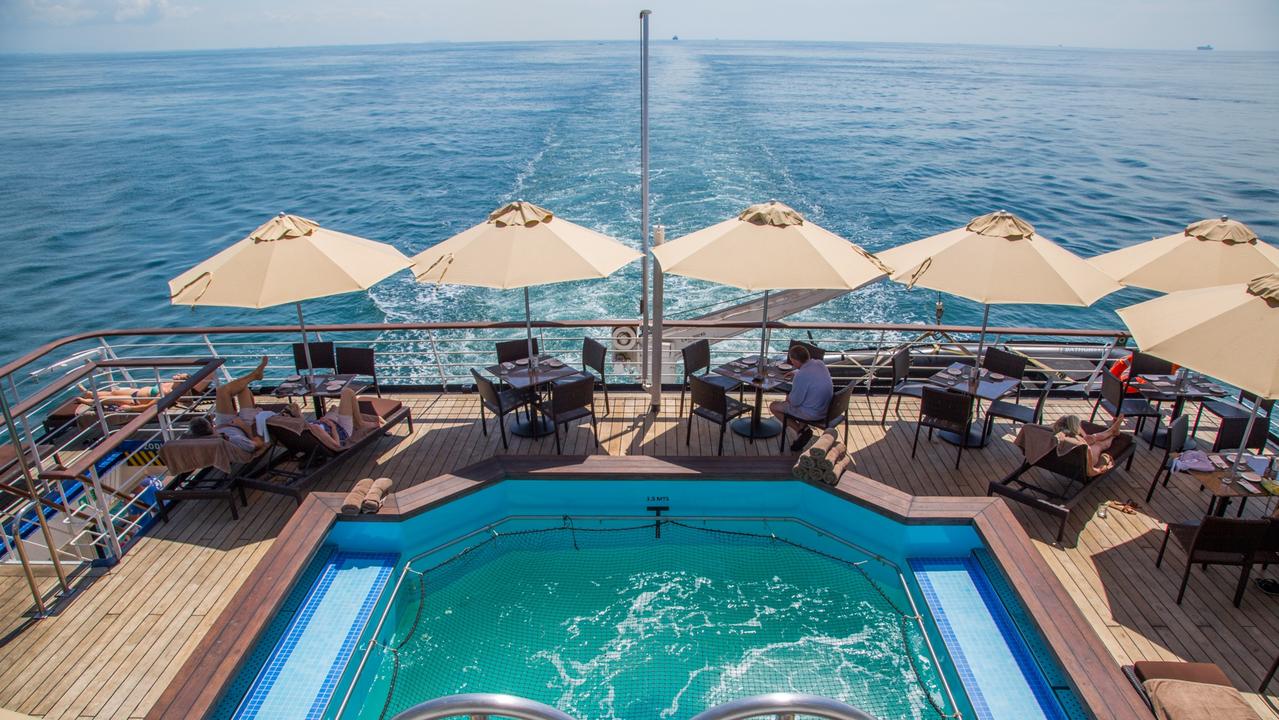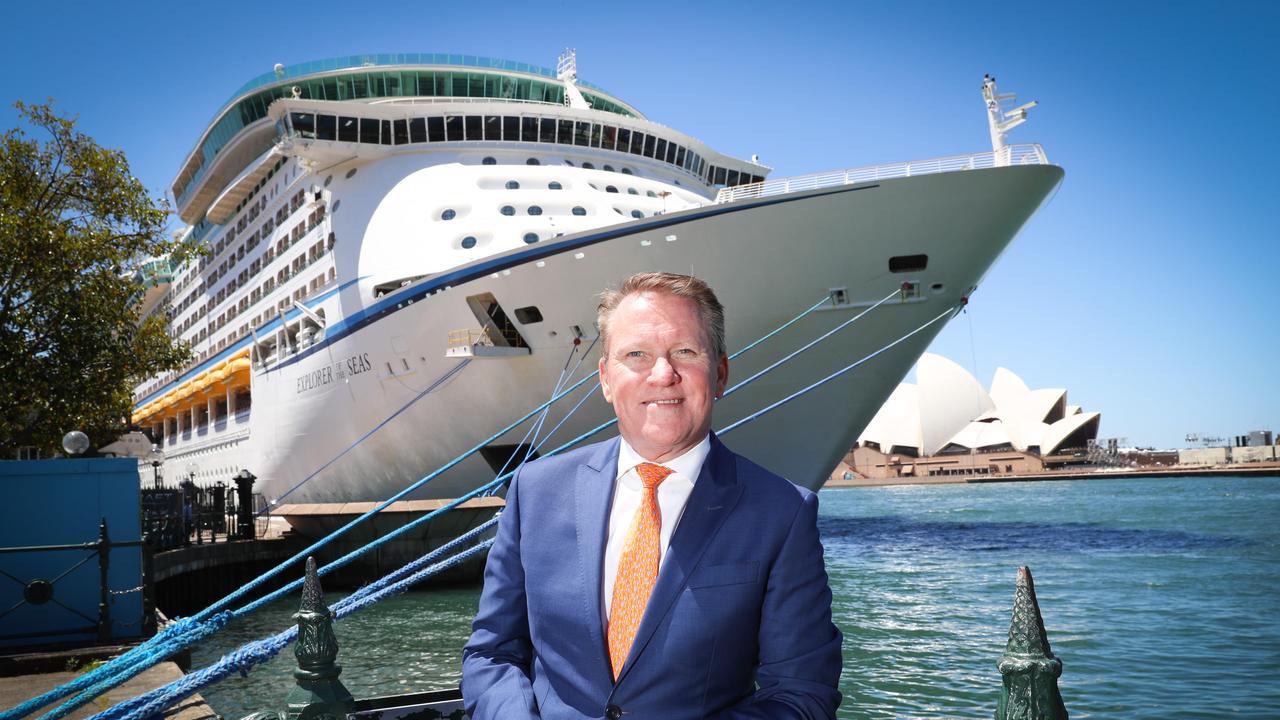Feeling sleep-deprived? You’re not alone
1 in 3 Australians get less than the recommended quantity of sleep and it is affecting work, relationships and health.
One in three Australians suffer from an ongoing lack of sleep, regularly spending more time awake than the experts recommend and risking their health, safety and wellbeing in the process.
Busy lives and heavy responsibilities are intruding on sleep time and causing an array of problems which, in turn, undermine the quality and duration of sleep. It is a vicious circle affecting more than people’s circadian rhythms.
A survey commissioned by News Corp, in partnership with Princess Cruises, has found that more than a third of Australian adults, 37 per cent, get less than seven hours sleep per night. The normal benchmark for adults is around eight and a quarter hours sleep, suggesting many people have a considerable sleep deficiency. Put simply, hundreds of thousands of Australians are not allowing their bodies and minds to rest to the extent that medical experts deem necessary. That could be affecting their work, their education, their relationships, even their health and deserves more attention.
Clinically, there are several ways of assessing inadequate sleep, and the amount of sleep people need varies depending on age, health and lifestyle. Generally speaking, babies and young people need more sleep as they are growing, developing and learning; newborns, for example, should be getting twice as much sleep (14-17 hours is recommended) as their grandparents.
Australia’s Sleep Health Foundation cites US research to recommend children between the ages of six and 13 get nine to 11 hours sleep every night, teenagers get eight to 10 hours sleep, adults aged 18 to 64 get seven to nine hours sleep, and people aged over 65 get seven to eight hours sleep.
The survey, of 1,181 people aged 25 and over, found 30 per cent of respondents averaged eight hours or more per night. Overall, 63 per cent are getting at least seven hours per night, but a large proportion are not getting the amount of sleep the experts recommend: 22 per cent of respondents average six hours each night, nine per cent average five hours, while six per cent of people are getting four hours or less.
Quality of sleep is also a problem. According to the survey, 39 per cent of respondents ‘sometimes’ and 26 per cent ‘often’ wake a lot during the night, while 41 per cent ‘sometimes’ and 21 per cent ‘often’ wake too early and cannot get to sleep. Difficult falling asleep was ‘sometimes’ a problem for 38 per cent of people and ‘often’ a problem for 16 per cent.
Overall, 25 per cent of people feel they ‘rarely’ get adequate or satisfactory sleep and nine per cent say they ‘never do’ — combined, this almost correlates with the 37 per cent reporting less than seven hours sleep per night.
Most worrying, however, is the impact this sleep deficit is having on people. It’s not just feeling tired, more than half of people (52 per cent) ‘agree completely’ that lack of alertness is an issue and 45 per cent ‘agree completely’ that impaired memory is an issue. When asked what they associate with insufficient or poor sleep, 89 per cent say a greater likelihood of accidents, 87 per cent say relationship stress, and 84 per cent say health problems. So while people might be able to catch up on, there are some things that may be irreversible.
American sleep expert Michael Breus, a clinical psychologist known as The Sleep Doctor, says there is growing awareness of the importance of sleep.
“I think there have always been many people who fall into the category of getting less sleep than they need, but we have recently seen enough research to show that this is not healthy and the fact that less sleep is not healthy seems to be getting a bigger media spotlight on it,” Dr Breus says.
Dr Breus says similar surveys in the United States suggest 40 per cent of people there get less than seven hours sleep, which would suggest, at least, that “Aussies are getting a little more sleep than Americans”.
This content was produced in association with Princess Cruises. Read our policy on commercial content here.


